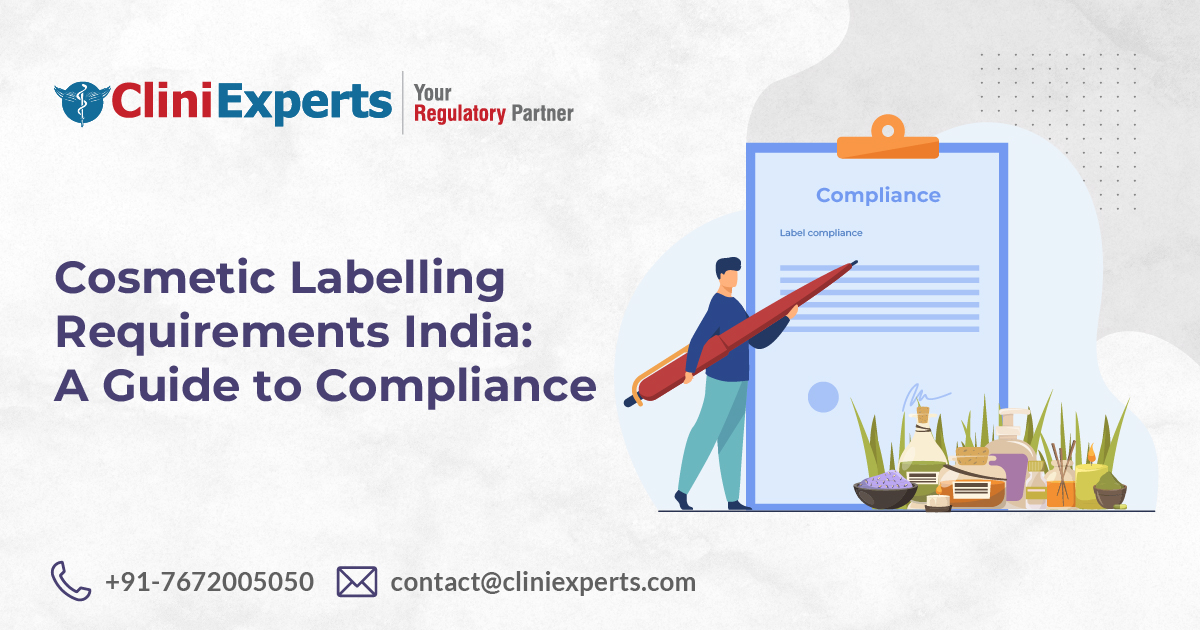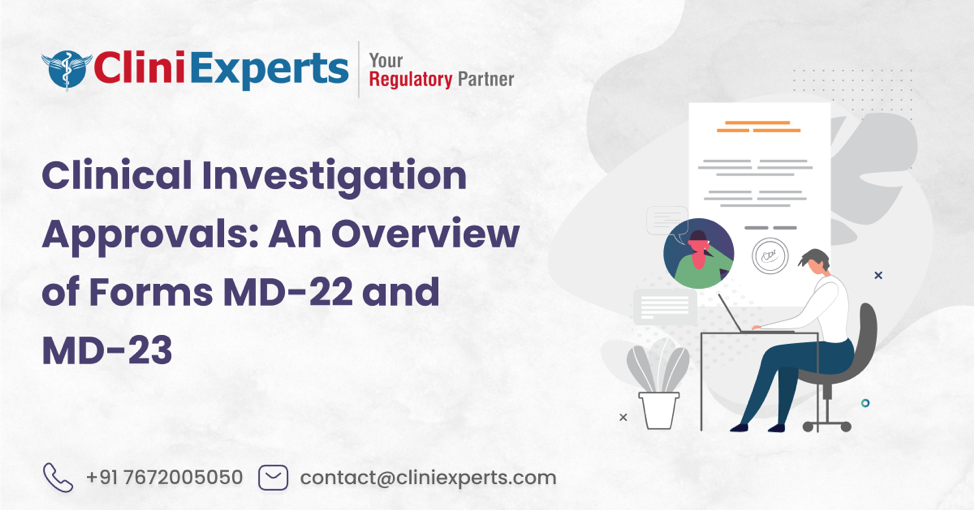Heartburn pills taken by millions ‘can increase risk of cancer and heart disease
Heartburn can make your life a misery.
Meals become times of dread as you wait for the sharp, insistent pain that follows when acid seeps from the valve at the top of your stomach.
For reasons that may be connected with diet and obesity, the number of sufferers is rising sharply.
So it’s not surprising that a class of drug known as proton pump inhibitors (PPIs) that bring instant relief are among the most widely prescribed in the UK – 43 million prescriptions for them were written last year.
Taken about an hour before a meal, they block the enzymes that make stomach acid so that you produce only about 10 per cent of normal levels, so when liquid from the stomach backs up into the gullet it doesn’t cause that burning sensation.
But lately a dark side to these drugs has been emerging.
New research suggests that if you take the drugs long term — that’s for more than a year — the risks can include infections, cancer and heart disease and a dangerous deficiency of some vital minerals and vitamins.
Recently both the U.S. and UK drug watchdogs have issued new warnings about very low magnesium levels in people taking PPIs long term.
Magnesium is vital for building bones, as well as for proper working of nerves and muscles which can go into spasm if they aren’t getting enough.
It’s also essential for heart health and helps control blood pressure and blood sugar.
Side-effects include extreme fatigue and weakness, cramps, fits, loss of appetite and an irregular heartbeat
Studies have shown having low stomach acid makes it hard for the body to absorb magnesium from food, especially green vegetables, and the result is a range of nasty side-effects including extreme fatigue and weakness, cramps, fits, loss of appetite and an irregular heartbeat.
You’re also more likely to suffer falls.
Retired nurse and ambulance driver Margaret Webster learned some of this from bitter experience.
Margaret, who’s 70 and lives near Blackpool, started on one of the best-selling PPIs, omeprazole, more than 25 years ago.
She had gastroesophageal reflux disease, or ‘reflux’ — the most common cause of heartburn.
To begin with, the pills had a wonderful effect.
‘Suddenly the pain was gone,’ she recalls.
‘I could eat all those foods I’d been avoiding, like pastries.’
But then in 2006, after she’d been taking the pills for 20 years, her health began to decline.
‘I was getting so tired,’ she says. ‘At night in bed my feet would swell up like balloons. And my appetite had gone — over a year or so I lost four stone.
‘My friends started saying I looked really drained. I had no idea what was wrong with me.’
Her GP ran some tests and found that she had very low levels of magnesium.
She was put on a supplement — four big pills a day — but after a month, mysteriously, she was still seriously deficient.
In 2009, still suffering poor health, Margaret was referred to Dr Jonathan Mackay, consultant physician and endocrinologist at Victoria Hospital, Blackpool. Dr Mackay had been doing groundbreaking research into PPIs.
He had noticed that a large proportion of patients with very low magnesium were on the pills.
‘I’d discovered that just supplementing didn’t work but if you took patients off PPIs as well they were able get back to a healthy level.’
Of course, stopping the drugs meant the heartburn would return, and Dr Mackay was working on a combination of medicines to make it bearable. Margaret agreed to be one of his guinea pigs.
‘It was gruelling at times,’ she says.
‘It took about two years to get the combination right.
‘Sometimes the heartburn was dreadful. But I’ve got my energy back now and my heartburn is pretty well controlled.’
Dr Mackay’s solution is to use the weakest PPI for about two to three days a week and to use another type of drug called an H2 blocker that also brings down acid levels, but not so dramatically.
‘There needs to be more done to ensure patients taking the drug for a long time have their magnesium levels checked every year,’ he says.
‘Doctors need to be aware that if supplements don’t work, patients have to stop the drug and be given a combination that works instead.’
His urgent call comes as evidence emerges linking the drugs to a number of other dangers.
Just last week U.S. researchers found PPIs raise the risk of developing the superbug C.difficile by two thirds, and warned they should be used ‘more prudently’.
Stomach acid generally acts as a disinfectant, stopping bugs that we breathe in or swallow with our food from getting into our guts.
Patients on PPIs also have a raised risk of pneumonia for the same reason.
The UK watchdog — the Medicines and Healthcare Products Regulatory Agency — has just issued a new warning about the added risk of C.difficile infection.
‘C.difficile cases have come down a lot in the past few years and lots of people have been on PPIs during that time, so it’s not a major factor by any means,’ says Dr Richard Cunningham, a microbiologist at Derriford Hospital, Plymouth.
‘But it does put some people who are old or have a compromised immune system at additional risk.’
Another fairly well known side-effect is an increased risk of bone fracture when PPIs are used for longer than a year.
This could be because low magnesium levels can reduce the body’s ability to absorb calcium, needed for bone strength.
Many people with osteoporosis are prescribed the bone-protecting drugs bisphosphonates, but these can cause heartburn, so PPIs are often also prescribed to stop it.
Yet PPIs can cut the effectiveness of bisphosphonates to almost zero, according to a study in the Archives of Internal Medicine last year.
If you are an older person at risk for osteoporosis and you are on PPIs, it is worth asking your doctor to check your calcium levels.
More controversial is the radical claim that the drugs could increase your risk of heart disease and cancer.
Doctors regularly give them to patients taking low-dose aspirin to cut their risk of gastrointestinal bleeding.
But in a ten-year study recently published in the British Medical Journal, patients taking PPIs had a raised risk of heart attack.
A possible reason is that aspirin is less well absorbed when stomach acid is low.
‘This is a good time for a reality check on PPIs,’ says
Peter Weissberg, medical director of the British Heart Foundation. ‘Doctors need to be sure they are really necessary.’
When PPIs first came out, the big hope was they’d cut rates of oesophageal cancer by reducing acid damage to the oesophagus from reflux.
That hasn’t happened; in fact, rates of oesophageal cancer are rising faster than any other.
Research published last year in the journal Archives of Surgery found that successfully controlling the symptoms of acid reflux with the drugs actually ‘increased’ the risk of cancer rather than reducing it.
How could this be so?
‘Less acid means less pain from heartburn,’ says Dr Steven DeMeester, a gastroesophageal expert at the University of Southern California.
‘But there’s a suggestion it is not the acid that causes the problem to the cells in the gullet, but other chemicals in the stomach fluid that is leaking out. PPIs do nothing to stop the leaking.’
Guidelines recommend doctors should help patients with heartburn to try various lifestyle options first, such as changing their diet and sleeping slightly propped up, before having a prescription.
But many doctors feel under pressure to give their patients a speedy solution.
Shaw Somers, a gastric specialist from St Richard’s Hospital in Chichester, advises: ‘Taking PPIs as a short-term way of dealing with occasional bouts of heartburn flare-up works fine for most patients.
‘But if you need to take them all the time you are at much greater risk of damaging side-effects.
‘Of course, the drug companies will keep very quiet about this until they are formally required to look into it.’
And, worryingly, studies have suggested it is very hard to come off PPIs.
The symptoms come back with a vengeance, and people once again reach for the pills.
In 2009, Danish researchers gave PPIs or a placebo to 120 healthy volunteers and found nearly half of those on the drug developed symptoms of gastric reflux within just two months after they’d stopped taking the drugs, compared with 15 per cent on the placebo.
It’s thought that once acid production is no longer suppressed, the body naturally ramps up acid production so heartburn symptoms come back stronger than ever.
There is more to learn about the effects of PPIs.
For now, take them for as short a time as possible and if you have to have them long term, make sure you are checked regularly.
By JEROME BURNE
Recent Posts
Organic Food Labelling In India| Certification, and Import of Organic Food in India

This Article is All About Organic Food Labelling In India and Certification, and Import of Organic Food in India. Explained in Detail About What is Organic Food labelling? Summary Short Description Wi..
Cosmetic Label Compliance India : A Guide to Compliance

Introduction Looking for Cosmetic Label Compliance India? Are you a cosmetic manufacturer or importer navigating the complex world of Indian regulations? Ensuring your product labels comply with the l..
Clinical Investigation Approvals: An Overview of Forms MD-22 and MD-23

Summary Short Description Strict regulatory protocols govern clinical investigations for medical devices. Central to this process are forms MD-22 and MD-23. Form MD-22 is an application to Central Lic..
HAVE A QUERY?
REACH US!Office
New Delhi
Unit No. 324 & 325, City Centre Mall, Plot No. 5, Sector 12, Dwarka, India - 110075
+917672005050
Bengaluru
RMZ Galleria, 1st floor, Ambedkar Colony, Yelahanka, Bengaluru, Karnataka, India – 560064
Call us on
Sales: +91 7672005050
Reception: +91-11-45214546
Timings
9 am to 6 pm (Monday to Friday)


